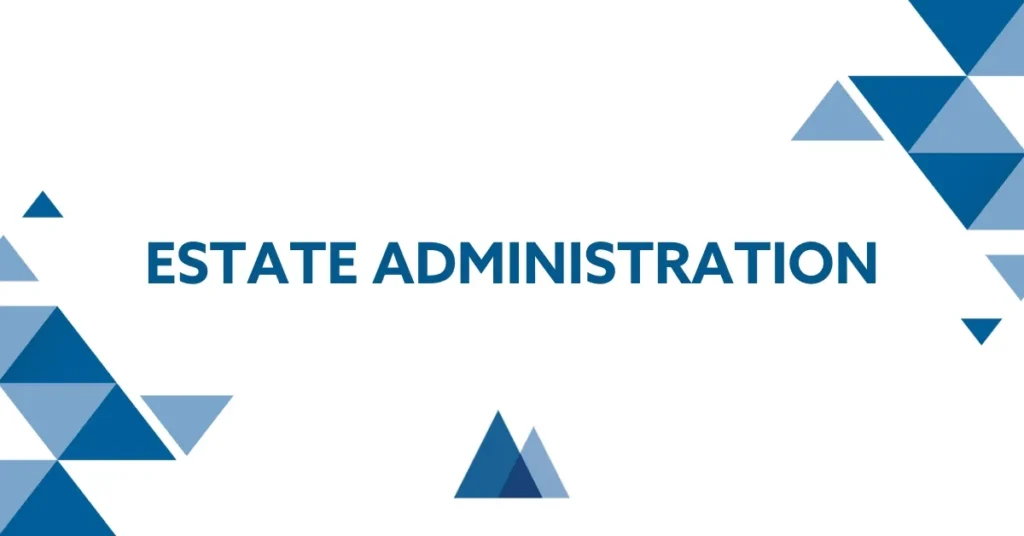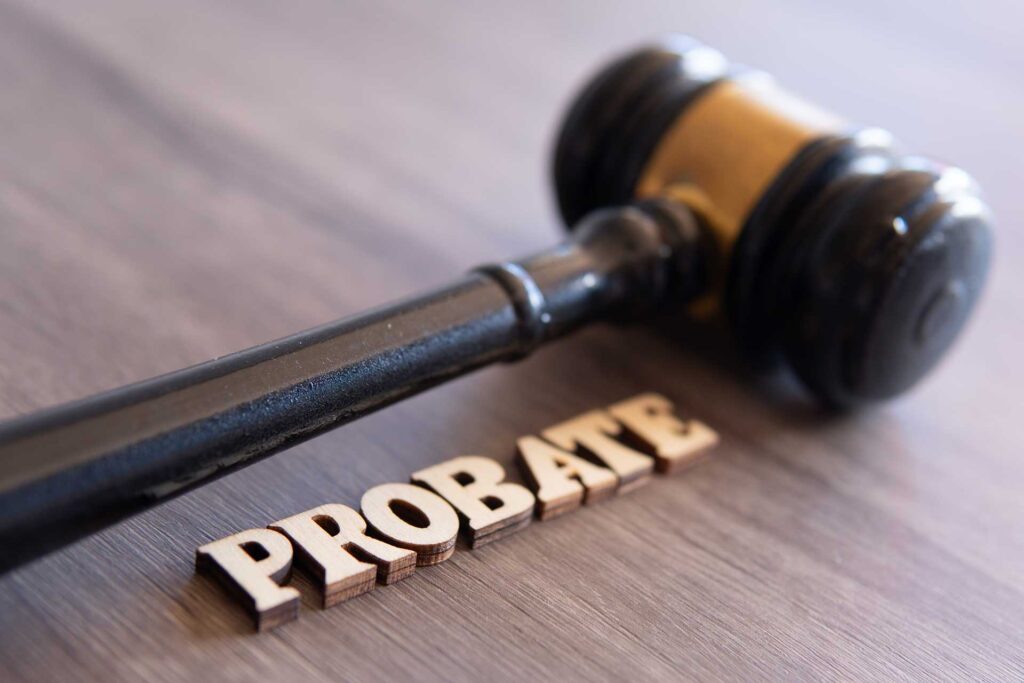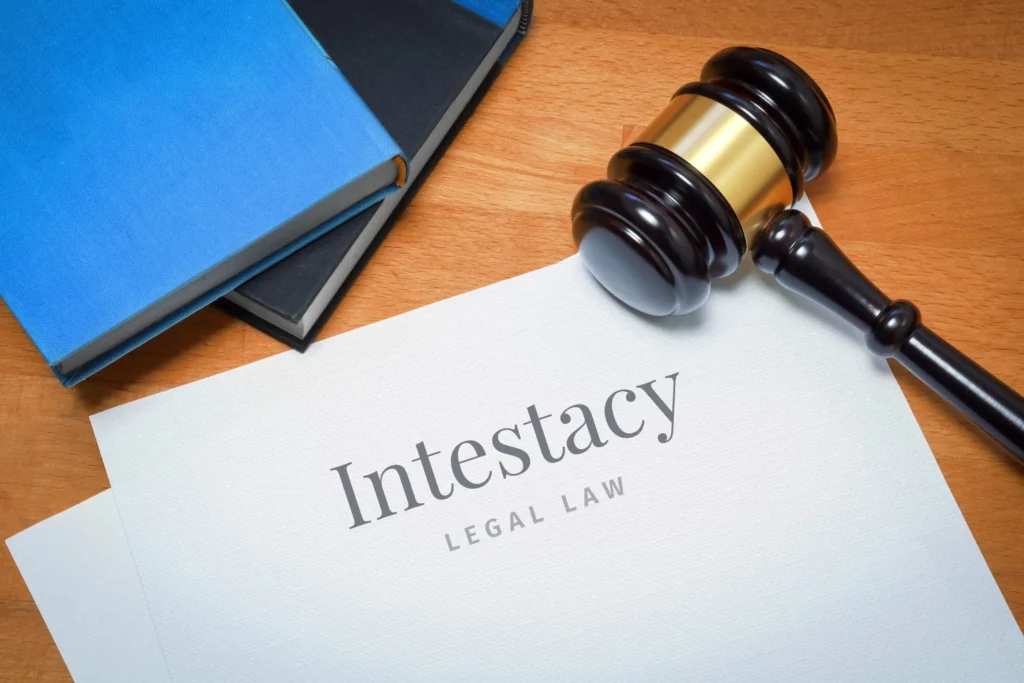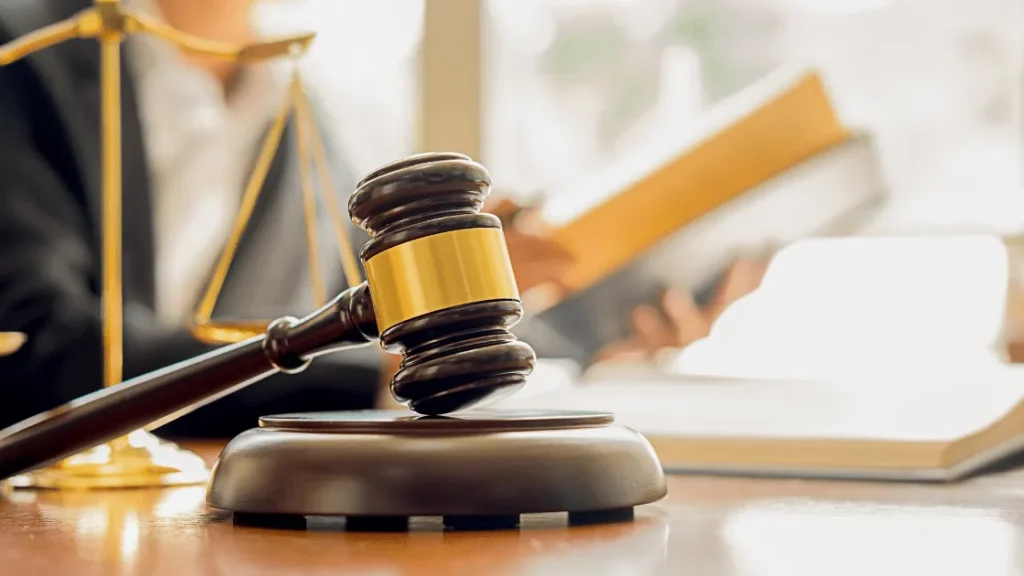Serving as an executor or executrix in Texas is a profound responsibility that carries many duties and obligations. An executor’s role is pivotal in overseeing the administration of a deceased person’s estate, ensuring that their final wishes are fulfilled and their assets are distributed according to the provisions of Texas probate law. This extensive guide aims to thoroughly explore the various responsibilities and duties that executors must undertake within the framework of Texas probate law, offering a comprehensive roadmap to navigate the complexities of the probate process with confidence and diligence.
Understanding Texas Probate Law:
Executors must be aware of and possess a solid understanding of the fundamental principles underpinning Texas probate law. This knowledge is crucial for them to fulfill their role effectively. Probate, as a legal process, is how a deceased person’s assets are distributed and their debts settled. In Texas, probate proceedings are primarily governed by the Texas Estates Code, a comprehensive body of statutes that provide the legal framework for administering estates, resolving disputes, and distributing assets following the decedent’s intentions and state regulations.
Appointment and Qualifications of an Executor:
The appointment of an executor of probate in Texas is the first step in the probate process, a crucial stage in administering the estate of a deceased individual. This process typically begins with filing the decedent’s will with the probate court in the county where the deceased resided at the time of their passing. In cases where the deceased did not leave a will, the court will appoint an administrator to oversee the probate process. However, when a will is present, it often designates an executor—the individual responsible for carrying out the decedent’s wishes as outlined in the will.
The nominated executor needs to be willing to serve in this capacity, as they can only accept the appointment if they feel they can fulfill the responsibilities associated with the role. Once the will is filed with the probate court, the court will review its validity. If no executor is named in the will, or if the nominated executor is unable or unwilling to serve, the court has the authority to appoint an executor. The court may consider factors such as the relationship of the potential executor to the deceased, their competence, and their willingness to serve when making this appointment. In some cases, the court may require the appointed executor to post a bond as a form of financial security to protect the estate from potential mismanagement or misconduct.

In Texas, the qualifications for serving as an executor are relatively broad. Generally, any individual who is of sound mind, at least 18 years of age, and not disqualified by felony conviction or other legal impediment can serve as an executor. Potential executors must understand the fiduciary duties they will assume upon appointment, including the obligation to act in the estate’s and its beneficiaries’ best interests.
Navigating the Executor’s Responsibilities:
As an executor or executrix, you have been entrusted with the solemn duty of overseeing the administration of a deceased person’s estate. This role carries significant responsibilities, from managing assets to distributing inheritances and settling debts. Navigating these responsibilities requires thoroughly understanding the executor’s duties and obligations under Texas probate law. Some of these responsibilities include but are not limited to:
Comprehensive Inventory and Assessment of Assets:
The executor’s first and foremost responsibility is to compile a comprehensive inventory of the decedent’s assets. This includes real estate properties, financial accounts, investments, personal belongings, and other assets the deceased owns. Conducting a thorough assessment of these assets is essential to determining their value and ensuring accurate distribution to beneficiaries.
Key Steps:
- Gather all relevant documentation, including wills, deeds, and financial statements.
- Conduct a physical inventory of tangible assets and obtain valuations for real estate and other valuable properties.
- Verify ownership and title documents for all assets to facilitate their transfer during the probate process.
Notification and Resolution of Debts and Obligations:
Executors are responsible for notifying creditors of the decedent’s passing and settling any outstanding debts and obligations of the estate. This involves identifying creditors, reviewing creditor claims, and negotiating settlements to ensure the equitable distribution of assets to beneficiaries.
Key Steps:
- Publish a notice to creditors in local newspapers to alert potential claimants.
- Review creditor claims and verify their validity before approving payments.
- Negotiate with creditors to settle outstanding debts and liabilities, considering the estate’s financial resources and obligations.
Prudent Management of Estate Assets:

Managing estate assets requires careful stewardship to preserve their value and generate income for the benefit of beneficiaries. Executors must make informed decisions regarding asset management, considering the decedent’s wishes, the needs of beneficiaries, and prevailing market conditions.
Key Steps:
- Safeguard estate assets by securing valuable properties and assets against loss or damage.
- Monitor investments and financial accounts to optimize returns and minimize risks.
- Prudently allocate funds for ongoing expenses, taxes, and distributions to beneficiaries.
Facilitation of Asset Distribution:
Once debts and expenses have been settled, executors must oversee the distribution of remaining assets to designated beneficiaries. This involves transferring ownership of assets, disbursing funds from financial accounts, and facilitating the transfer of property titles per the decedent’s wishes.
Key Steps:
- Prepare distribution schedules outlining the allocation of assets to each beneficiary.
- Obtain necessary legal documents, such as deeds and transfer forms, to effectuate asset transfers.
- Coordinate with financial institutions, legal professionals, and beneficiaries to ensure smooth asset distribution.
Compliance with Tax Obligations:
Executors are responsible for fulfilling all estate tax obligations, including filing tax returns and paying any taxes owed. This includes preparing and filing final income tax returns for the decedent and estate tax returns, if applicable, following state and federal tax laws.
Key Steps:
- Obtain tax identification numbers for the estate and file required tax returns with the Internal Revenue Service (IRS) and the Texas Comptroller of Public Accounts.
- Consult with tax professionals to identify tax liabilities and maximize tax deductions and credits available to the estate.
- Ensure timely payment of taxes to avoid penalties and interest charges.
Finalization of Probate Proceedings:
The executor’s final responsibility is petitioning the court to close probate proceedings formally. This involves submitting a final accounting of estate assets, transactions, and distributions for judicial review and approval, culminating in issuing a final decree of distribution.
Key Steps:
- Prepare a comprehensive final accounting detailing all estate transactions, expenditures, and distributions.
- Submit the final accounting to the probate court for review and approval.
- Obtain the court’s approval and authorization to close the probate estate and distribute the remaining assets to beneficiaries.
Consequences of Executors Failing to Carry Out Their Responsibilities:
The role of an executor in administering an estate is of significant importance and is a legal obligation. Failing to fulfill their responsibilities can have serious consequences for both the executor and the estate. Below are some potential ramifications of an executor failing to carry out their duties:
Legal Liability:
Executors have a fiduciary duty to act in the estate’s and its beneficiaries’ best interests. Please fulfill this duty to avoid legal liability for the executor. Suppose beneficiaries or creditors believe the executor breached their fiduciary duties or mismanaged estate assets. In that case, they may take legal action against the executor, seeking damages for any losses incurred due to their negligence or misconduct.
Removal as Executor:
If an executor consistently fails to perform their duties or acts contrary to the interests of the estate, beneficiaries, or creditors, they may be subject to removal by the court. Texas probate law allows for the removal of an executor for various reasons, including incapacity, misconduct, or failure to administer the estate properly. The court may appoint a successor executor to replace the removed executor and ensure the proper administration of the estate.
Delay in Estate Administration:
Please carry out the executor’s responsibilities to avoid delays in estate administration. Delays can arise from various factors, such as failure to gather necessary documentation, disputes among beneficiaries, or improper management of estate assets. These delays can prolong the probate process, causing frustration and financial hardship for beneficiaries awaiting their inheritances.
Financial Losses:
Mismanagement of estate assets or failure to settle debts and obligations promptly can result in financial losses for the estate. For example, if estate assets are not properly safeguarded or invested, they may decrease in value over time, reducing the estate’s overall value. Similarly, promptly settling outstanding debts or taxes can result in penalties, interest charges, or legal fees that deplete estate funds.

Strained Relationships:
The executor’s failure to fulfill their duties can strain relationships among beneficiaries and other interested parties. Disputes may arise over perceived favoritism, unequal treatment, or delays in asset distribution. These conflicts can lead to prolonged legal battles, resentment, and estrangement among family members, complicating the probate process and exacerbating emotional distress.
Reputational Damage:
Carrying out an executor’s responsibilities is important to maintaining the executor’s reputation and standing within the community. Executors are expected to act with honesty, integrity, and transparency in their dealings with estate assets and beneficiaries. Any perception of misconduct or negligence can tarnish the executor’s reputation and undermine their credibility in future endeavors.
Conclusion:
Becoming an executor under Texas probate law is a significant responsibility. It requires careful planning, attention to detail, and a thorough understanding of legal and financial principles. By following the roadmap outlined in this guide and seeking appropriate professional assistance when needed, executors can fulfill their duties effectively and ensure the orderly administration of estates following the wishes of the deceased and the requirements of Texas law.









